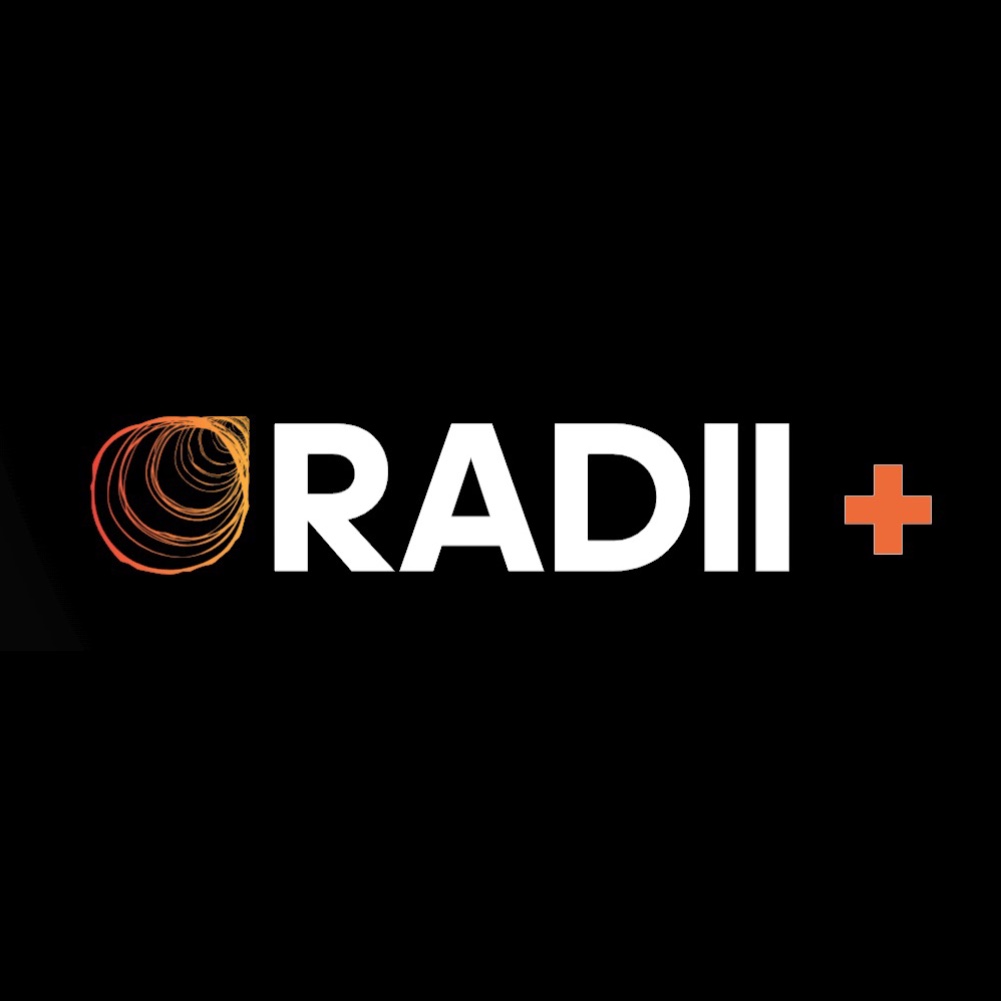Should two significant shifts to video and television transpire as anticipated, advertising budgets are on the brink of a profound shift.
Experts at the Cannes Lions International Festival of Creativity have suggested that a new generation of AI video-generation tools, including Runway, MiniMax, and OpenAI’s Sora, has the potential to significantly reduce the cost and speed of video ad production.
Simultaneously, television providers such as Comcast are making investments to increase the accessibility of television advertising to small and medium-sized businesses (SMBs) and new-to-TV brands.
The one-two punch of AI potentially reducing production costs and TV players simplifying media purchasing could significantly lower the bar for SMBs to advertise their businesses.
READ MORE: Google Continues To Error Its AI Commercials In Hilarious Ways, This Time Featuring James Blunt

Tanzeen Syed, managing director and head of consumer internet and technology at General Atlantic, a venture capital firm and investor in Runway, stated onstage at Cannes Lions that “AI video content creation… is only going to get better from now.”
“We have transitioned from a world in which video production was highly linear—filming, editing, and setting up sets—to one that is multimodal, infinitely scalable, and real-time.” Syed stated, “Ultimately, this results in an increase in commercial volume and a decrease in the cost of content creation.”
Not only are streamers and traditional broadcasters that have transitioned to streaming poised to attract new media dollars, but marketers may be persuaded that they do not need to sacrifice the premium environment of TV in pursuit of “performance” within the murky walled gardens of social media by the cost-effective production of TV ads that enhance performance through hyper-personalization.
“To be able to interact with your model and instruct them to modify one aspect while modifying another, and the model will precisely adhere to your instructions.” That is the ultimate objective. According to Linda Sheng, the general manager of global business at MiniMax, “It is as though you have an entire Hollywood crew at your disposal.”

Sir Martin Sorrell, executive chairman of S4 Capital, demonstrated an advertisement for Puma that was almost entirely created using AI agents onstage at Cannes Lions.
Sorrell stated that the advertisement “generated considerable controversy” and is unlikely to receive any awards at Cannes.” However, it illustrates “the direction of things from the perspective of the industry and the agency,” he continued.
Sorrell stated that the Puma advertisement would have required a couple of months to produce and cost millions of dollars without the use of AI.
READ MORE: In July, Oakley Will Introduce Its New Meta AI Glasses Product Line
However, these commercials are now “created, produced, and distributed in a matter of days.” He stated, “We are discussing a period of 10 to 11 days, while you are discussing hundreds of thousands of dollars.”

However, the majority of small and medium-sized businesses are unable to allocate $100,000 for the development of a single advertisement. However, what about $10,000 or even $1,000? That may occur in the near future, as OpenAI’s Sam Altman anticipates that the cost of AI utilization will decrease by a factor of ten annually.
“What we anticipate with AI video generation is that individuals who possess an idea or concept will no longer be constrained by budget, equipment, studio access, or creative resources,” Syed stated.
“That implies that a small brand with a staff of three or four individuals can have a single individual develop a marketing campaign that completely alters the paradigm and can compete with a Super Bowl campaign that costs $20 million,” Syed continued.
Regaining market share from performance marketing
According to Sheng, the most effective approach for marketers of both large and small firms who are interested in implementing AI video-generation tools is to initiate the conversation by discussing “how to expand your reach and increase revenue.”
A post shared by Ad Age (@adage)

By enabling marketers to generate hyper-personalized advertisements at scale with minimal expenditures, AI could enhance the return on investment (ROI) of their television advertisements.
The entire concept of, “I am aware that half of my brand spend is successful; however, I am uncertain as to which half.” Syed stated that AI has the potential to address this issue by hyper-personalizing content at a large scale.
“The strategic use of AI by agencies and brands enables the power of personalization to drive better efficiency, thereby reclaiming a significant portion of the market share from pure performance marketing,” he continued.
However, Cannes Lions is a place where creativity reigns supreme. Sheng provided advertising creatives who are concerned about the potential impact of AI on their careers with the following advice: “Pay attention to the message.” That is the most critical aspect, and it is the component that AI will never replace.
Step into the ultimate entertainment experience with Radii+ ! Movies, TV series, exclusive interviews, live events, music, and more—stream anytime, anywhere. Download now on various devices including iPhone, Android, smart TVs, Apple TV, Fire Stick, and more!


